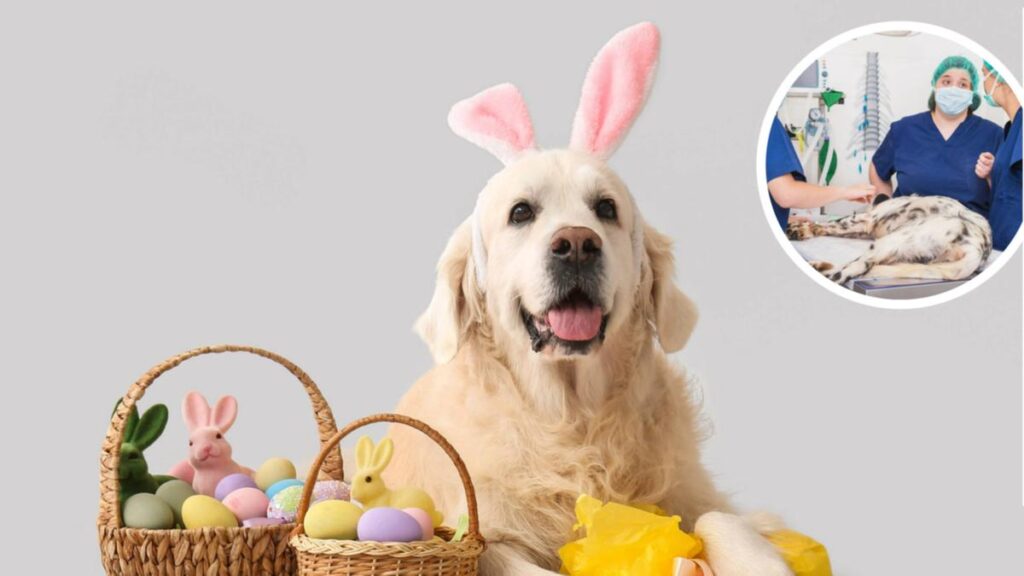RSPCA has reminded West Australians more than one Easter tradition can pose a significant risk to some of the most loved members of their households.
Pet owners are urged to keep a close eye on their sweet treats this festive season, as even a small amount of chocolate can have heartbreaking consequences for animals.
RSPCA WA Lead Veterinarian Mairi Joyce said if a small dog ingests just 50 grams of milk chocolate, it can poison the animal.
“Darker chocolate contains more cocoa, so the same amount will be even more toxic. And some sugar-free chocolates are artificially sweetened with xylitol, which can cause a life-threatening drop in blood glucose, as well as liver failure,” she said.
“Signs of poisoning include vomiting, diarrhoea, increased thirst, excessive urination and hyperactivity, while more serious symptoms are tremors, seizures and even death.”
The Lead Veterinarian said Easter egg hunts pose a big risk because dogs can sniff out and find the chocolate before the kids, or parents can forget where they have hidden the chocolate.
Chocolate isn’t the only silent threat hiding in the pantry this Easter season.
Hot cross buns, onions and fatty barbecue leftovers can also have damaging health implications.
“If in doubt as to whether your pet has eaten something they shouldn’t, always contact your vet straight away for advice. It’s much better to be safe than sorry,” Ms Joyce said.
This advice comes after the Animal Poisons Helpline reported receiving some unusual calls over the Easter period last year — including a call about a cow ingesting chocolate.
Compared to the rest of the year, the helpline saw a 94 per cent increase in calls regarding pets ingesting chocolate during the 14-day Easter period last year.
More than 90 per cent of the calls regarded dogs.
Cat, bird, and rabbit owners also called the helpline to report their pets had ingested chocolate.
If your animal ingests one of these toxic foods, or you suspect they may have, call the Animal Poisons Helpline on 1300 869 738 or take your pet to the nearest emergency vet.

